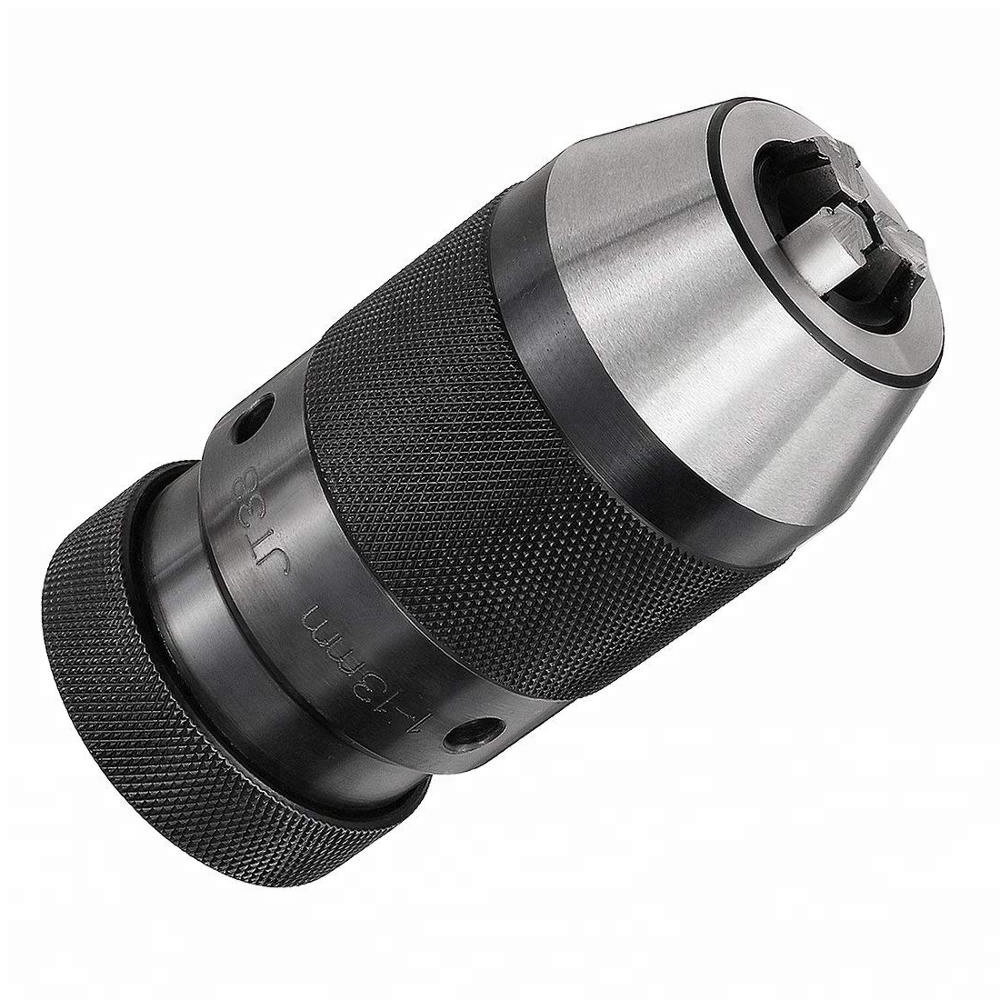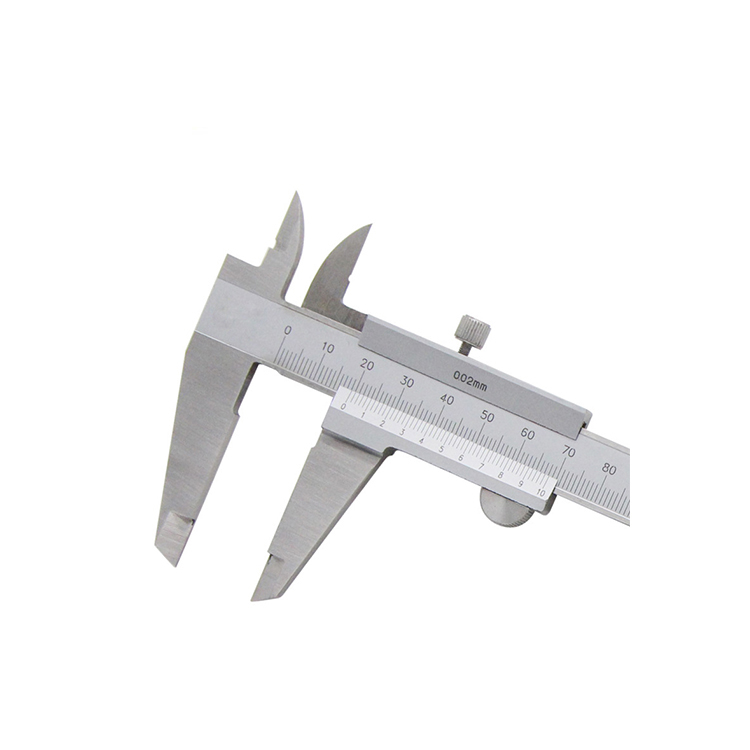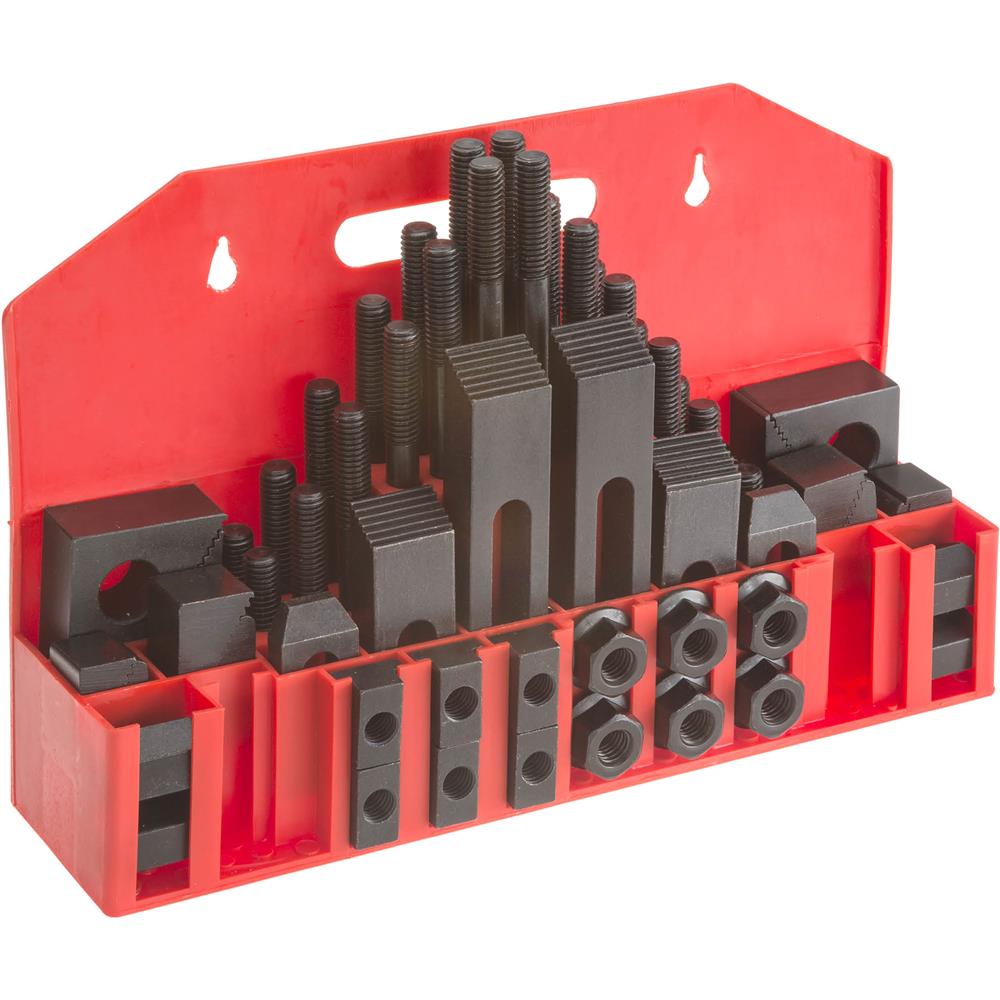point micrometer Suppliers
Finding reliable point micrometer suppliers can be challenging. This guide simplifies the process by outlining key considerations, top suppliers, and factors impacting pricing and availability, ensuring you make an informed decision for your specific needs.
Understanding Point Micrometers
A point micrometer, also known as a pointed anvil micrometer, is a precision measuring instrument used to determine the thickness of materials with narrow grooves, small holes, or hard-to-reach areas. Unlike standard micrometers with flat anvils, point micrometers feature a pointed anvil and spindle, allowing access to intricate geometries.
Applications of Point Micrometers
Point micrometers are essential in various industries, including:
- Manufacturing: Measuring groove depths, thread thicknesses, and small hole diameters.
- Automotive: Inspecting brake rotors, gears, and other components with tight tolerances.
- Aerospace: Measuring critical dimensions of turbine blades and other precision parts.
- Electronics: Inspecting PCB traces and component clearances.
Key Features to Consider
When selecting a point micrometer, consider these crucial features:
- Measuring Range: Choose a range that accommodates the expected dimensions of your parts. Common ranges include 0-25mm, 25-50mm, and 50-75mm.
- Accuracy: Accuracy is paramount. Look for micrometers with a resolution of 0.001mm or better.
- Point Angle: The point angle (typically 30° or 60°) should be suitable for the specific application.
- Digital vs. Analog: Digital micrometers offer easy-to-read displays and data output capabilities, while analog micrometers are more cost-effective and require no batteries.
- Material and Build Quality: Opt for micrometers made from hardened steel or other durable materials for long-lasting performance.
Top Point Micrometer Suppliers
Several reputable companies supply high-quality point micrometers. Here are some of the leading options:
Mitutoyo
Mitutoyo is a globally recognized manufacturer of precision measuring instruments. Their point micrometers are known for their accuracy, reliability, and advanced features. Mitutoyo offers both analog and digital models with various point angles and measuring ranges. You can find detailed specifications on the Mitutoyo website. https://www.mitutoyo.co.jp/
Starrett
Starrett is another well-established manufacturer with a long history of producing high-quality measuring tools. Their point micrometers are known for their robust construction and ease of use. Starrett offers a wide range of models to suit various applications. Check out Starrett's catalog for their full offering. https://www.starrett.com/
Brown & Sharpe
Brown & Sharpe is a trusted brand offering a comprehensive range of metrology equipment, including point micrometers. They are known for their precision and durability, making them a reliable choice for demanding applications. Find more information on their products on their website.https://www.brownandsharpe.com/
Wayleading Tools
Wayleading Tools provides a variety of measurement solutions, including high-precision point micrometers. Their products are known for offering a balance of performance and affordability, catering to diverse industrial needs. Contact them for detailed specifications and customized solutions.
Comparing Point Micrometer Specifications
Here's a comparison of key specifications from different suppliers to help you evaluate your options. Note that specifications may vary depending on the specific model.
| Supplier | Model Example | Measuring Range (mm) | Accuracy (mm) | Point Angle (degrees) |
|---|---|---|---|---|
| Mitutoyo | 112-201 | 0-25 | ±0.002 | 30 |
| Starrett | 445.1 | 0-25 | ±0.0025 | 30 |
| Wayleading Tools | WL-PM025 | 0-25 | ±0.003 | 30 |
| Brown & Sharpe | 0-25 | ±0.002 | 30 |
*Note: Specifications can vary. Always confirm with the supplier.
Factors Affecting Price and Availability
The price of a point micrometer can vary depending on several factors:
- Brand: Established brands like Mitutoyo and Starrett typically command higher prices.
- Accuracy: Higher accuracy instruments are generally more expensive.
- Features: Digital displays, data output capabilities, and specialized features can increase the price.
- Material and Build Quality: Micrometers made from high-quality materials and with robust construction will generally cost more.
- Supplier: Different point micrometer suppliers offer varying price points.
Availability can also be affected by market demand, supply chain disruptions, and the supplier's inventory levels. It's always a good idea to check with multiple suppliers and inquire about lead times before placing an order.
Maintenance and Calibration
Proper maintenance and calibration are crucial for ensuring the accuracy and longevity of your point micrometer. Here are some best practices:
- Cleaning: Regularly clean the micrometer with a soft, lint-free cloth to remove dirt and debris.
- Storage: Store the micrometer in a protective case to prevent damage.
- Calibration: Calibrate the micrometer periodically using gauge blocks or other reference standards. The frequency of calibration will depend on the usage and application.
Conclusion
Choosing the right point micrometer requires careful consideration of your specific needs and the available options. By understanding the key features, comparing suppliers, and considering factors affecting price and availability, you can select the best instrument for your application and ensure accurate and reliable measurements. Remember to prioritize accuracy, durability, and ease of use to maximize the value of your investment.
Related products
Related products
Best selling products
Best selling products-
 Depth Vernier Gauge With Stainless Steel And Monoblock Depth Type
Depth Vernier Gauge With Stainless Steel And Monoblock Depth Type -
 Precision Micrometr Holder For Micrometer
Precision Micrometr Holder For Micrometer -
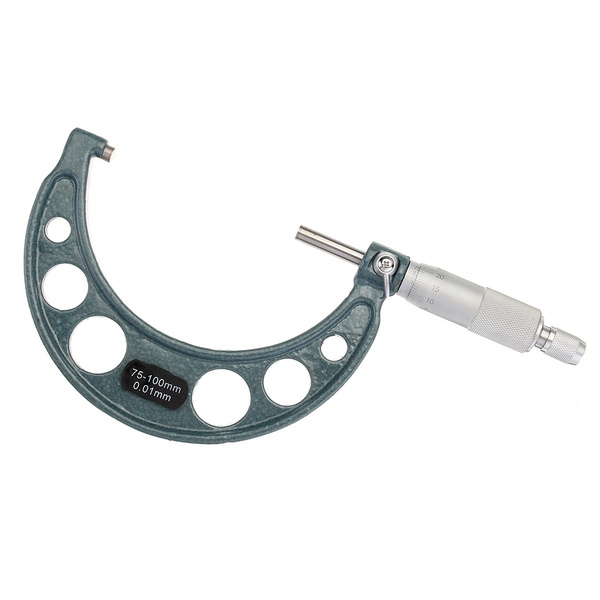 Outside Micrometer Of Premium Industrial Inch & Metric With Rachet Stop
Outside Micrometer Of Premium Industrial Inch & Metric With Rachet Stop -
 30PCS HSS Metric And Inch Size MINI Tap & Die Set
30PCS HSS Metric And Inch Size MINI Tap & Die Set -
 HSS Inch Screw Slotting Saws For Industrial With Bright Or TiN Coated
HSS Inch Screw Slotting Saws For Industrial With Bright Or TiN Coated -
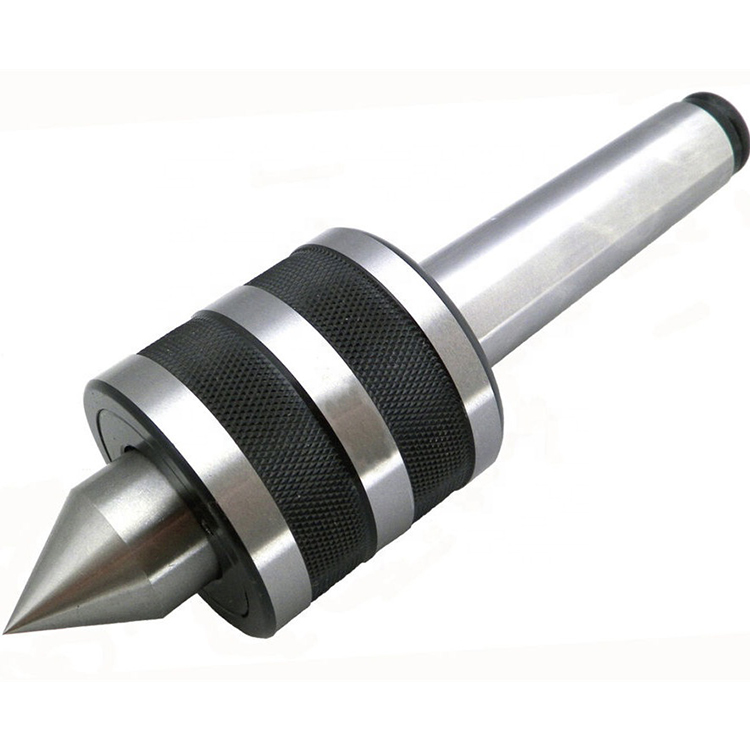 Midium Duty Live Center For Morse Taper Shank
Midium Duty Live Center For Morse Taper Shank -
 3 Flutes HSS Chamfering Countersink Drill bitl With 60 And 90 Degree
3 Flutes HSS Chamfering Countersink Drill bitl With 60 And 90 Degree -
 Outside Micrometer Set Of Inch & Metric For Industrial
Outside Micrometer Set Of Inch & Metric For Industrial -
 HSS Inch Convex Milling Cutter For Industrial
HSS Inch Convex Milling Cutter For Industrial -
 MT-APU Drill Chuck Holder With Keyless Type
MT-APU Drill Chuck Holder With Keyless Type -
 CNMG & CNMM Turning Insert For Indexable Turning Tool Holder
CNMG & CNMM Turning Insert For Indexable Turning Tool Holder -
 7pcs Carbide Turning Tool Set With Metric & Inch Size
7pcs Carbide Turning Tool Set With Metric & Inch Size



